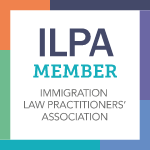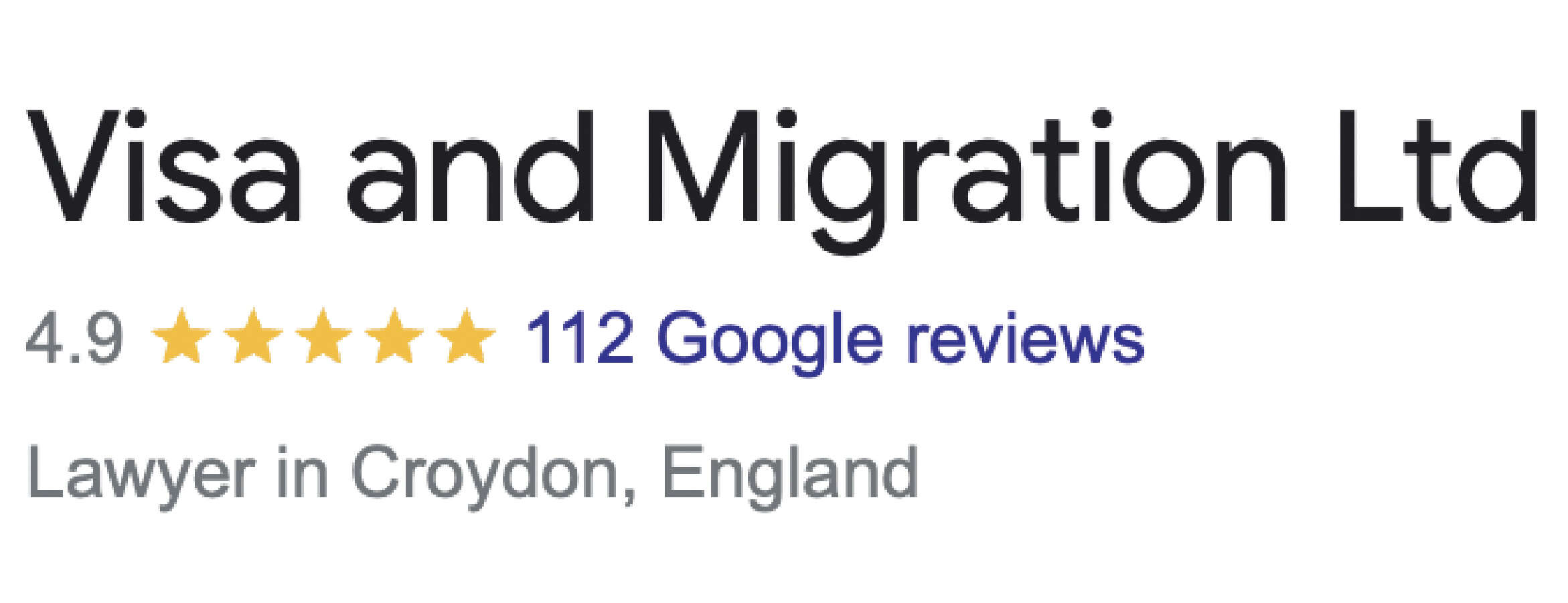
2025 12 MAY
This document outlines a comprehensive set of proposed reforms to the UK immigration system. These reforms are designed to strengthen border controls, support domestic workforce development, and ensure that immigration policies align with national interests, security, and economic priorities.
The minimum skill level for work visas will revert to RQF Level 6 or above, and salary thresholds will be increased accordingly.
The Immigration Skills Charge will rise by 32%, in line with inflation—the first increase since 2017.
A Temporary Shortage Occupation List will be introduced, allowing time-limited access to immigration for roles below RQF 6.
Access to the Points-Based System (PBS) will be limited to roles with long-term shortages, MAC-supported recommendations, sectors with defined workforce strategies, and employers committed to domestic recruitment and training.
Employers may face restrictions on sponsoring visas if they fail to invest in local workforce development.
A Labour Market Evidence Group will be formed to guide decisions using high-quality data, reducing overreliance on migrant labour.
Key sectors with heavy foreign recruitment will be required to submit comprehensive workforce strategies.
New overseas applications for social care visas will close.
A transition period will run until 2028, during which existing workers in the UK may extend or switch visas, subject to review.
A limited group of UNHCR-recognized refugees and displaced persons with relevant skills will be eligible for employment via the PBS.
The UK will expand pathways for highly skilled global talent, enhancing targeted visa routes.
All sponsoring institutions must meet stricter standards for recruiting international students.
Minimum pass rates for Basic Compliance Assessments (BCA) will increase to 95% enrolment and 90% course completion.
A Red-Amber-Green BCA rating system will clearly identify compliance levels.
Institutions at risk of failing will be placed on custom action plans and face limits on international student intake.
Use of overseas recruitment agents will require adherence to the Agent Quality Framework.
Institutions must consider local community impact when planning international recruitment.
Accreditation procedures for Short-Term Study providers will be reviewed for rigor and consistency.
The Graduate Visa stay period will be reduced to 18 months.
A potential levy on international student income is under consideration, with reinvestment into domestic skills development.
Tighter rules at the border and within the system will make it easier to refuse entry to those violating immigration laws.
Enhanced enforcement powers will ensure efficient arrest and removal of individuals who break the rules.
The removal process for foreign national offenders will be simplified and accelerated.
eVisas and digital identity systems will replace Biometric Residence Permits, improving border control and compliance tracking.
Measures will target misuse of asylum pathways, especially where no substantial change in the country of origin justifies a claim.
Enforcement efforts will increase in sectors known for illegal working, such as the gig economy.
Technology will support Immigration Enforcement raids, backed by 1,000 redeployed staff.
Cross-government cooperation will strengthen measures against those evading tax or abusing public systems.
Language requirements for Skilled Workers and relevant visa routes will rise from B1 to B2 (CEFR).
Adult dependants of workers and students will need to demonstrate A1 level, with progression required to A2 for visa extensions and B2 for settlement.
Most settlement routes will require B2-level English proficiency.
The standard qualifying period for settlement will extend to 10 years, with the potential for accelerated paths based on contributions to UK society.
A five-year route to settlement will remain for non-UK dependants of British citizens.
Existing protections for victims of domestic abuse will be preserved.
A new bereaved parent route will grant immediate settlement to those who lose a British or settled child.
The Life in the UK test will be updated, with steps taken to ease citizenship access for young adults raised in the UK.
A clear pathway will be introduced for children turning 18 without immigration status, including those in care or care leavers, to regularise their status and secure settlement.
These reforms represent a strategic shift towards a more secure, skilled, and balanced immigration system. By tightening entry and settlement pathways while safeguarding vulnerable individuals and supporting domestic workforce development, the UK aims to build a sustainable and fair immigration model that supports long-term national interests.
...



